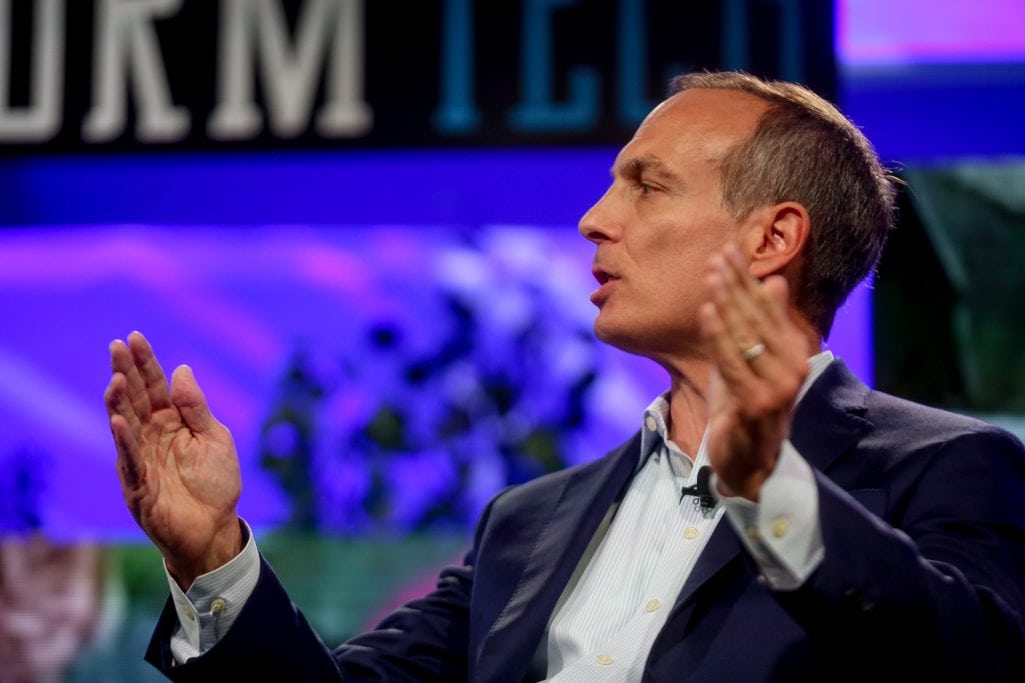Booking Holdings Sacrifices Growth for Profit

Skift Take
The online travel titan faces a reality check after years of extraordinary growth. Booking Holdings forecast that third-quarter growth in its accommodation room nights booked rate would be between 6 percent and 9 percent, well below the 20 percent range typical in the past.
Maturing industry innovators like to pretend they still to have wide room to expand. So Booking Holdings, which is two decades old, prefers to talk about how it has only "a single-digit market share in the very large global accommodations market."
Cold facts undercut this spin. On Thursday, the conglomerate — which includes Agoda, Booking.com, Kayak, Priceline, OpenTable, and other brands — reported second-quarter financial metrics that showed that the torrid growth of its early years has ended.
Booking Holdings reported a decline in its pace of adding bookings of accommodation (meaning hotels and alternative lodging). It had only a 12 percent year-over-year gain in accommodation room nights booked, to 190.5 million, in the three months to June 30.
In an unusual move, Booking executives said Wednesday they needed an additional evening to make sure the room nights rate was correct and delayed its earnings call by a day for a recount. It said its rooms booked growth rate beat the guidance it had given investors for the metric, which was true. But the guidance was unusually low given the company's historical performance.
Looking ahead, the company forecast its accommodation room nights booked rate for the third quarter would be between 6 percent and 9 percent. That would be the lowest rate in memory and disappointing given that it will be a strong season for the financial reporting of summer travel in the northern hemisphere.
Compare the low accomm

